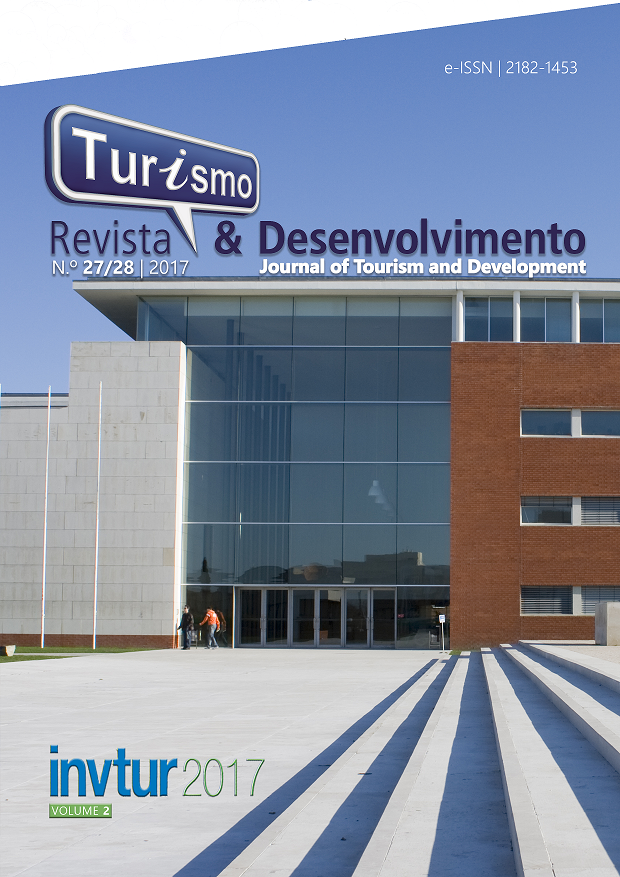Turismo e geração de empregos formais: um estudo sobre o Brasil e suas regiões
Resumo
Este artigo tem como objetivo analisar o emprego no setor de turismo do Brasil, a partir de 2006 até 2014, com ênfase no emprego formal. Para a análise dos dados foi utilizado o método estatístico descritivo. Os resultados mostram um crescimento no emprego nas atividades características do turismo (ACTs). A maioria dos trabalhadores formais das ACTs possuía ensino médio completo ou nível superior incompleto e encontravam-se nas atividades de alimentação e alojamento recebendo menos e eram tipicamente femininas. A maior parte dos ocupados nas ACTs estava empregada há menos de 12 meses e era da região Sudeste, seguido da região Nordeste. Observa-se que a região Nordeste apresentou a menor remuneração média mensal. Conclui-se que apesar de ser um dos setores mais promissores da economia e que demanda baixo investimento na geração de emprego, ainda é incipiente quando comparado com outros países, sendo necessário melhorar seus indicadores econômicos e sociais para alcançar níveis mais elevados de desempenho e qualidade.





